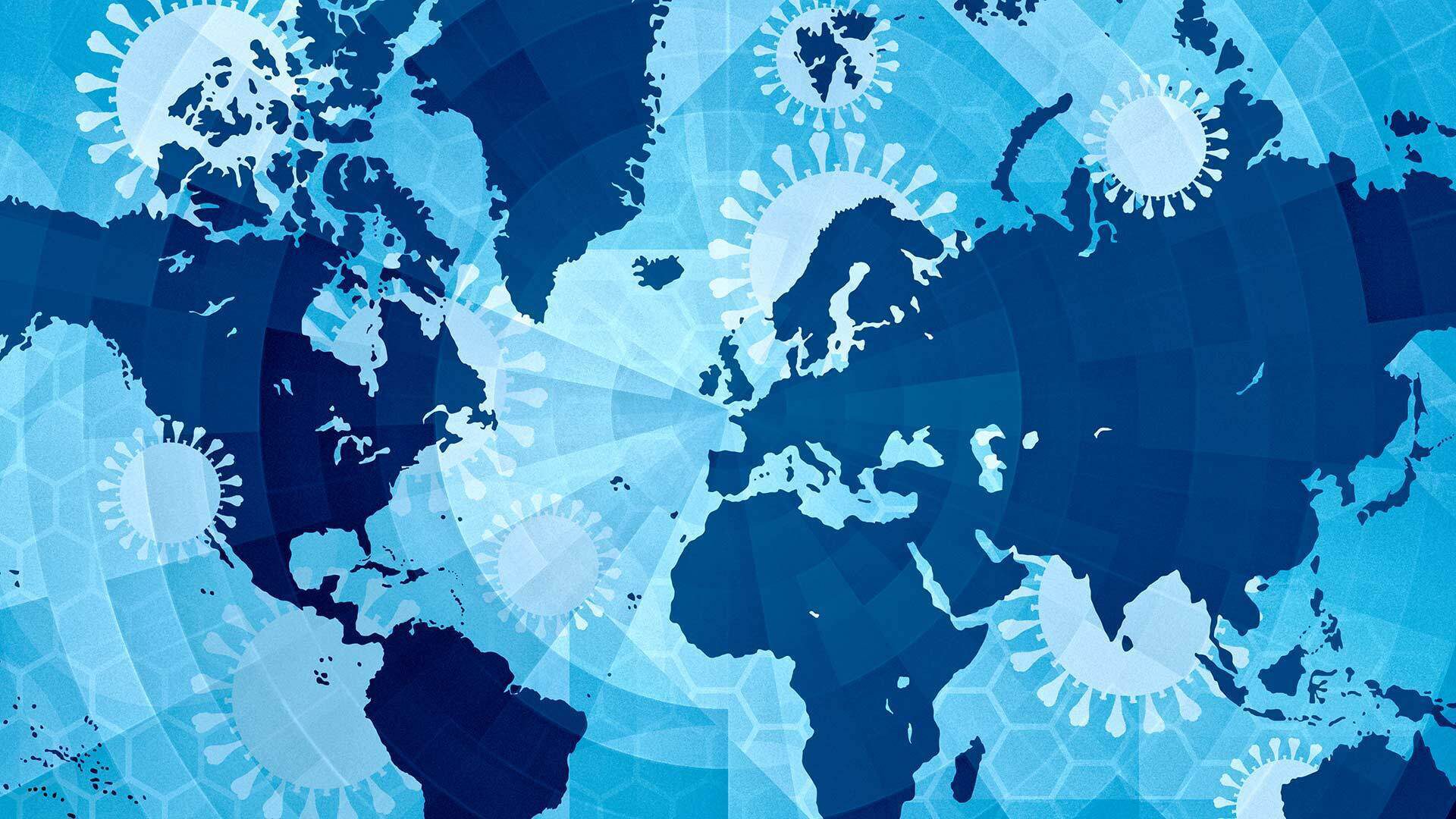- April 24, 2020
- By Chris Carroll
University of Maryland researchers are teaming up with Facebook to provide the survey methodology muscle needed to obtain a much-needed global view of the worldwide COVID-19 crisis—where it’s growing, where it’s abating and where the next hot spot could develop.
The social networking site started rolling out the survey Wednesday night; it’s expected to reach users in every country where the social media giant can be accessed by the end of the week. The questionnaire asks about any coronavirus symptoms respondents are experiencing, testing availability and results and contacts with the infected. It has sections on mental health, economic conditions and demographics of respondents as well.
“People will go to their Facebook newsfeed, see the invitation and if they accept, be transported over to the University of Maryland to answer the survey questions,” said Frauke Kreuter, director of UMD’s Joint Program in Survey Methodology (JPSM). “We are excited to see the strong interests of the World Health Organization and researchers around the globe to use the aggregated numbers in a variety of ways to fight the pandemic.”
Kreuter and her students are beginning collaborations across the UMD campus, including with College of Information Studies researchers building dashboards and other data visualization products, and researchers in the Department of Geographical Sciences who are interested in melding the Facebook survey findings with COVID-19 maps they’re already producing.
"The partnership with Facebook allows us to reach a population that is complicated to reach through random sampling, and allows us to survey the global population in over 28 different languages," said survey methodology doctoral candidate Adrienne Bradford.
Facebook founder and CEO Mark Zuckerberg said Monday in a Washington Post op-ed that social networks are uniquely able to provide actionable data on the coronavirus to health officials and policymakers worldwide.
“This is work that social networks are well-situated to do,” Zuckerberg wrote. “By distributing surveys to large numbers of people whose identities we know, we can quickly generate enough signal to correct for biases and ensure sampling is done properly.”
Key to obtaining useful data, Kreuter said, is filtering out biased and unbalanced results, because some groups are much more likely to respond to a survey request than others, which could skew how symptoms are reported. To help correct the imbalance, Facebook will provide a statistical number to allow corrections to the data, she said.
Another aim of the center is to be “parsimonious” enough with the surveying, Kreuter said, that Facebook can continue obtaining results in countries worldwide for as long as the pandemic lasts. “You want to make sure you only invite as many people at a certain point in time as you need to get reliable estimates,” she said.
The project expands on a Facebook partnership with Carnegie Mellon University to track early symptoms of infections through self reports and provide county-level data and forecasting in the United States that began earlier this month. UMD is collaborating with Joshua Salomon from the Center for Health Policy and the Freeman Spogli Institute for International Studies at Stanford University and the Johns Hopkins School of Public Health on the survey.
On the Maryland campus, JPSM is partnering with other researchers, including School of Public Health experts in epidemiology and health policy who are modeling projected scenarios for state and local leaders to help inform decisions about mitigation strategies and a timeline for reopening. Another collaboration, aimed at data visualization and establishing a computing framework for data aggregation, is with the Center for Geospatial Information Science; the center has so far created domestic maps on various aspects of COVID-19, and is planning to expand worldwide.
“Being able to use Facebook to put this survey out means you’re able to get insights from across the whole world you otherwise would not have access to—data from wherever Facebook users are,” said Kathleen Stewart, center director and professor of geographical sciences.
With discussion turning to another wave of cases in the coming fall and winter, Stewart said one use of the data might be to gain insight from the survey’s symptom-related responses into what parts of the globe are dealing primarily with COVID-like illnesses, and which are primarily experiencing influenza-like symptoms.
“We actually need to prepare for both and have good mitigation responses for COVID together with non-COVID viruses as well,” she said. “Targeting our responses is just one example of how this data can be useful.”
